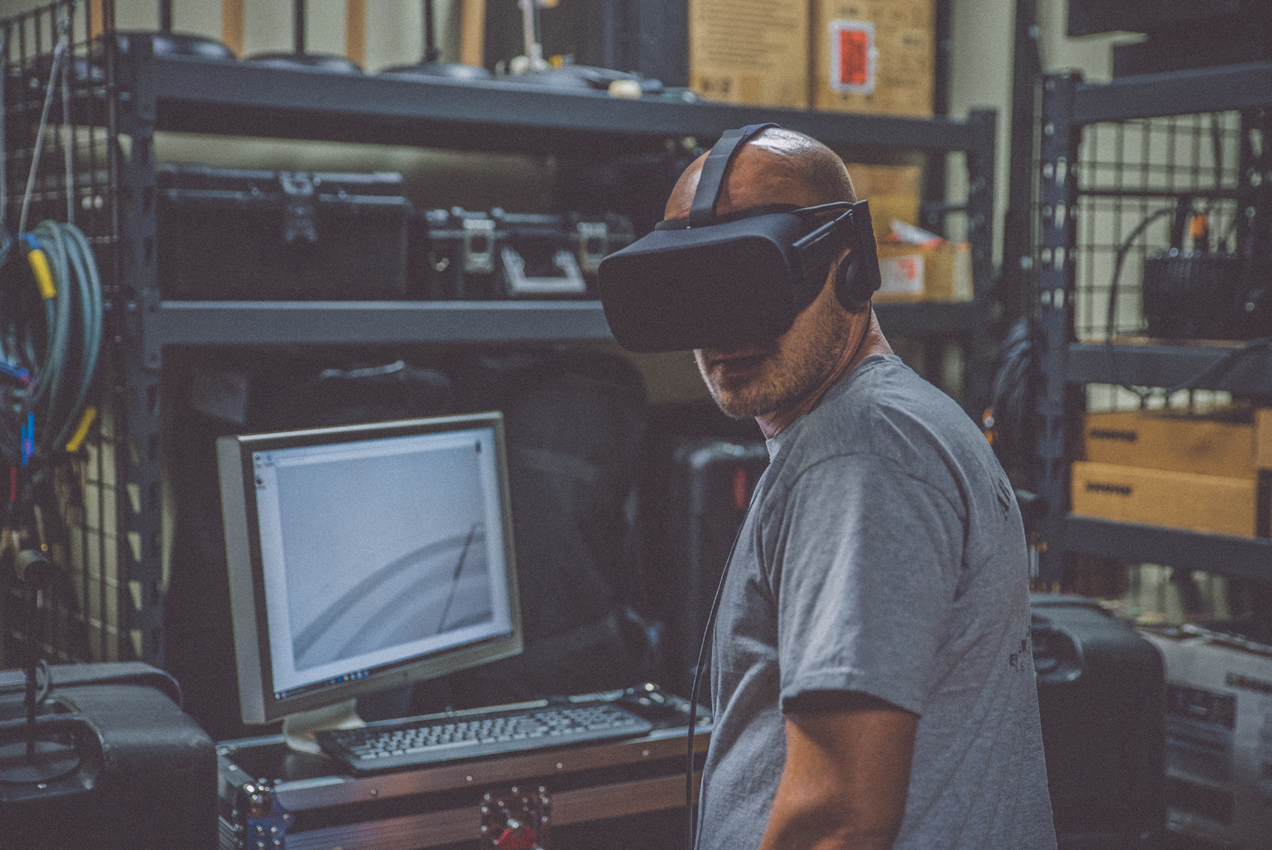The three buzz words of the 4th Industrial Revolution. Millions of questions, topics and discussions going around it in every corner of the web. The question I am trying to answer here is, “How is the rise of automation affecting the human self-worth?”
The doubts and restrain started about automation started with the economic concern in mind. We all started imagining a world where human intelligence would be of no use anymore, and the bots are stealing our jobs. The tension loosened when experts started showing the working their worth, and that without a human brain, robots cannot rule or run the world by themselves. Putting together a conclusion arrived so far by studies and experts in Hal Varian’s (Chief Economist, Google) words, “Automation doesn’t generally eliminate jobs. Automation generally eliminates dull, tedious, and repetitive tasks. If you remove all the tasks, you remove the job. But that’s rare.”
That’s rare because automation isn’t entering the industrial revolution as a landslide, it is rather a slow crawl. A crawl towards occupying the human values and work slowly such that its effect is not noticed by many. It is good in a way as it trains the working class into adapting something new and shift their methods of working.
How is automation empowering human endeavours?
Whether you have noticed it or not, automation has been entering your workplace since long. I began to notice the change when I started paying attention to the automation aspects that are already inculcated in our workplace. Despite the negative buzz on automation, I found them of great help for many reasons. Let me take you to my observational journey to make you realise what empowerment you have earned in the form of automation.
-
HR & employee analytics
Earlier, big companies had that data-intensive HR analytics and decision making, but with lower costs of automation, now SMBs like ours, could also benefit from HR analytics tools.
-
Hiring process
Recruitment has become easy with globally reachable and accurately proctored online pre employment assessment.
-
Employee assistance
Chatbots are now becoming more useful as automation and AI makes them intelligent.
-
Scheduling meetings
Juggle with scheduling the face-to-face meetings in different time zones is now tackled with automation.
-
Office facilities management
The brick and mortar facilities are now handles with a single click by automation.
This is just from the eyes of a regular employee. What lies a surprise is how the business owners or higher-level executives benefit from automation. But that is a long talk for some article. Let’s now address the other side-effect of automation.
How automation imposes indignity on the human psyche?
It was when automation started affecting my career path, that I started researching on the impact of automation on the human psyche. I began by asking the people around me and then eventually landed up listening to the experts of this field. Contrary to the rebellious voices on the internet, automation machine learning is accepted by many as a help rather than an obstruction in their business or career. So, where does the problem lies?
The voices are of business owners and executives who are benefitting from the automation uprise. There are workers and low-wage employees with minimal skills in using technology. An interview with Dr Pamela Rutledge (Director of Media Psychology Research Center in Newport Beach, CA) touches the exact same pain point of a layman. One is pushed to be a master of details and rule the domain one is working in. This work culture needs to be replaced by what suggested by Dr Pamela. She says, “Do I feel like I can fix everything in my house? No. Would I look to see if the solution was within my frame of reference? Probably.”
What’s in your hands?
What I extracted from all the content, all the human interactions and all the expert opinion I read while researching about this article is one thing – ambiguity. The ambiguity about oneself, one’s capabilities and more importantly one’s character. If you are in a career that is affected by automation, then it should be imbibed in your character to overcome that hurdle, to look for ways where you can take automation to your advantage.

These are some simple terms to give you a hint for your career ahead.
- What can be automated, will be automated. What cannot be automated will become exponentially valuable.
2. Those in high-income and cognitively demanding roles will be differentiated by their work. They have the capacity to work with automated systems that augment their complex work. But the workers in the lower wage or middle-wage income would see their incomes stagnant and their work becoming more tedious and quantity heavy.
3. We are likely to live for longer than ever, while the world changes around us. Also, we are supposed to work until we die as opposed to our ancestors. We must care for our bodies and minds to be proactive and intelligent so that we can adapt, continue to learn new skills, and maintain our performance for as long as possible.
While we are living in an all-ambiguous world, the most we can offer ourselves is the dignity to thrive through this mess. Giving importance to “non-digital things” (A name assigned by me to all the things that don’t need digital screens to interact) should be our focus because that is the ultimate differentiating factor of human intelligence after all.
This was all about a curious investigator and concern youth’s learnings. It is purely written with an intention to encourage people to embrace the change and go beyond the fight with automation.
For all those who already feel positive about the future with automation, I would love to hear your story tackling automation, in the comments section below! 🙂


